All Helena Addiction Treatment Centers
-
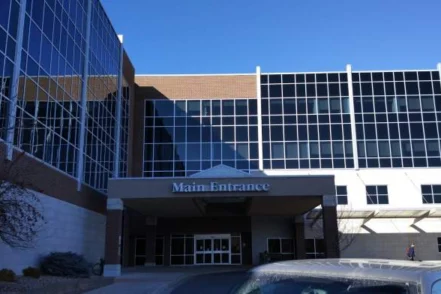
St Peters Hospital
2475 East Broadway Street
Helena, Montana 59601Treatment Programs
- Dual Diagnosis
- Adult Program
- Senior Rehab
- +3
Insurance
- Self-pay options
- Medicaid
- +2
-
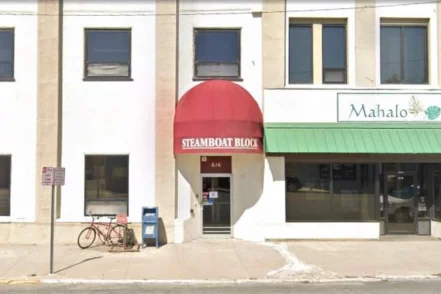
AWARE Helena
616 Helena Avenue, Suite 305
Helena, Montana 59601Treatment Programs
- Dual Diagnosis
- Adult Program
- Senior Rehab
- +1
Insurance
- Medicaid
- Private insurance
- +5
-
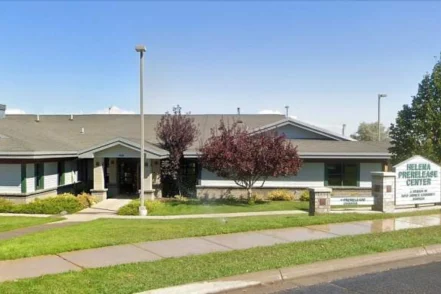
Helena Prerelease Center Helena
805 Colleen Street
Helena, Montana 59601Treatment Programs
- Alcohol Rehab
- Dual Diagnosis
- Opioid Addiction
- +3
Insurance
- Self-pay options
- Medicaid
- +1
-
Boyd Andrew Community Services Helena Prerelease Center
60 South Last Chance Gulch Street
Helena, Montana 59601Treatment Programs
- Drug Rehab
- Dual Diagnosis
- Mens Rehab
- +1
-
Wilson House Helena
1376 Linden Street
Helena, Montana 59601Treatment Programs
- Alcohol Rehab
- Opioid Addiction
- Drug Rehab
- +4
Insurance
- Self-pay options
-
Boyd Andrew Community Services Elkhorn Treatment Center
111 North Last Chance Gulch, Suite 1E
Boulder, Montana 69624Treatment Programs
- Alcohol Rehab
- Opioid Addiction
- Drug Rehab
- +3
Insurance
- Self-pay options
- Private insurance
-
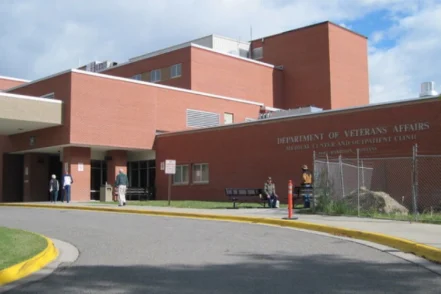
Montana VA Health Care System VAMC and Ambulatory Care Clinic
3687 Veterans Drive
Fort Harrison, Montana 59636Treatment Programs
- Alcohol Rehab
- Dual Diagnosis
- Opioid Addiction
- +7
Insurance
- Military insurance
- Medicaid
- +6
-
Hope Center Ministries Helena Womens Center
62 Park Drive
Clancy, Montana 59634Treatment Programs
- Alcohol Rehab
- Opioid Addiction
- Drug Rehab
- +3
Insurance
- Self-pay options
-
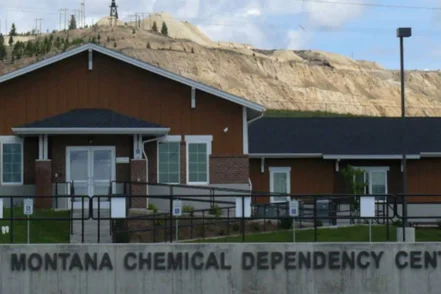
Montana Chemical Dependency Center
525 East Mercury Street
Butte, Montana 59701Treatment Programs
- Alcohol Rehab
- Dual Diagnosis
- Opioid Addiction
- +5
Insurance
- Medicaid
- Private insurance
- +6
-
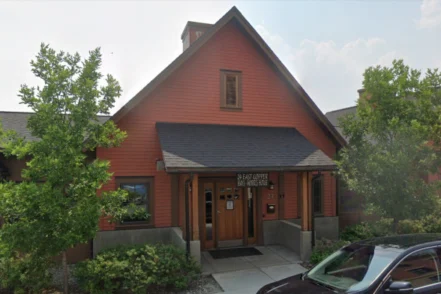
Western Montana Mental Health Center Hays Morris House
24 East Copper Street
Butte, Montana 59701Treatment Programs
- Dual Diagnosis
- Adult Program
- Senior Rehab
- +5
Insurance
- Medicaid
- Self-pay options
- +2
-
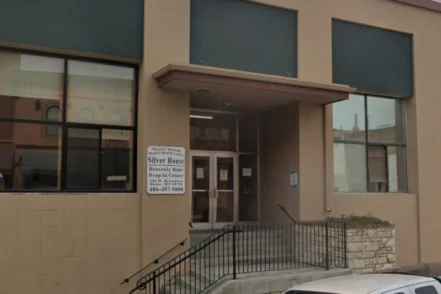
Silver House Butte
106 West Broadway Street
Butte, Montana 59701Treatment Programs
- Young Adult Rehab
- Adult Program
- Alcohol Rehab
- +3
-
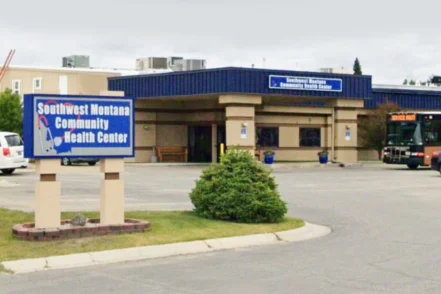
Southwest Montana Community Health Center Butte
445 Centennial Avenue
Butte, Montana 59701Treatment Programs
- Alcohol Rehab
- Dual Diagnosis
- Opioid Addiction
- +4
Insurance
- Medicaid
- Private insurance
- +4
-
Benefis Health System West Campus
500 15th Avenue South
Great Falls, Montana 59405Treatment Programs
- Alcohol Rehab
- Drug Rehab
Insurance
- Self-pay options
-
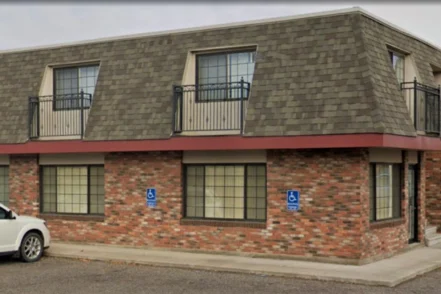
AWARE Great Falls
600 6th Street NW, Suite 4
Great Falls, Montana 59404Treatment Programs
- Dual Diagnosis
- Young Adult Rehab
- Adult Program
- +1
Insurance
- Medicaid
- Private insurance
- +5
-
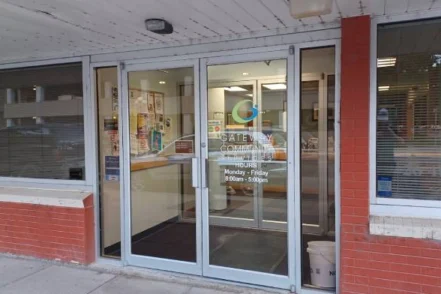
Gateway Community Services Great Falls
26 4Th Street North
Great Falls, Montana 59401Treatment Programs
- Alcohol Rehab
- Dual Diagnosis
- Opioid Addiction
- +5
Insurance
- Medicaid
- Private insurance
- +5
Other Nearby Cities
Top Drug Rehab Centers in Montana
-
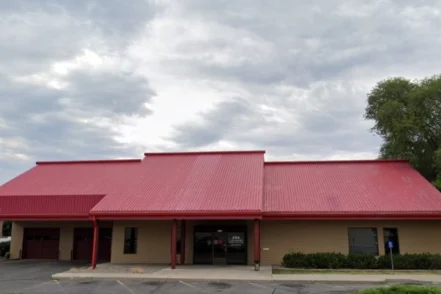 Montana
MontanaCommunity Medical Services Missoula
2415 South Catlin Street, Suite 4 Missoula, Montana 59801
Treatment Programs
- Alcohol Rehab
- Dual Diagnosis
- Opioid Addiction
- +4
-
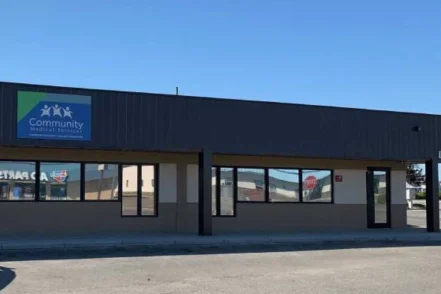 Montana
MontanaCommunity Medical Services Billings
2040 Rosebud Drive, Suite 7 Billings, Montana 59102
Treatment Programs
- Alcohol Rehab
- Opioid Addiction
- Drug Rehab
- +4
-
 Montana
MontanaSt Peters Hospital
2475 East Broadway Street Helena, Montana 59601
Treatment Programs
- Dual Diagnosis
- Adult Program
- Senior Rehab
- +3
-
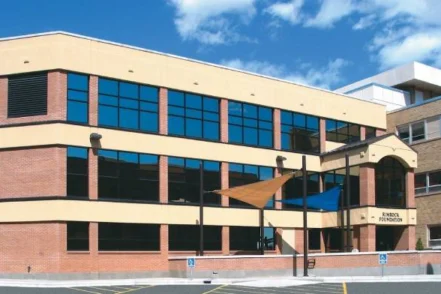 Montana
MontanaRimrock Foundation
1231 North 29Th Street Billings, Montana 59101
Treatment Programs
- Alcohol Rehab
- Dual Diagnosis
- Opioid Addiction
- +4
-
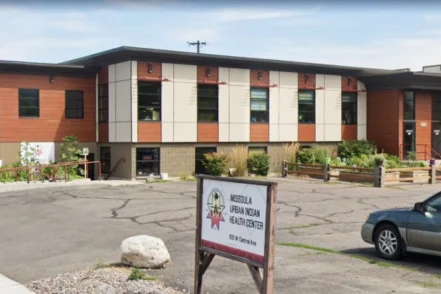 Montana
MontanaAll Nations Health Center
830 West Central Avenue Missoula, Montana 59801
Treatment Programs
- Dual Diagnosis
- +-2
-
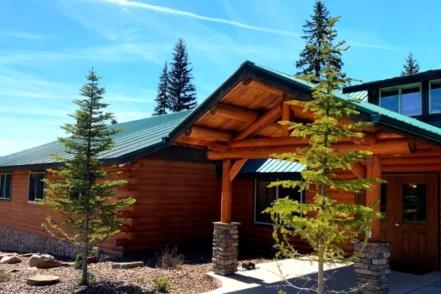 Montana
MontanaBehavioral Health Turning Winds
31733 South Fork Yaak Rd Troy, Montana 59935
Treatment Programs
- Drug Rehab
- +-2
-
 Montana
MontanaIdeal Option Billings
2525 4th Avenue North, Suite A Billings, Montana 59101
Treatment Programs
- Alcohol Rehab
- Opioid Addiction
- Drug Rehab
- +4
-
 Montana
MontanaWinds of Change
1120 Cedar Street Missoula, Montana 59808
Treatment Programs
- Dual Diagnosis
- Young Adult Rehab
- Adult Program
- +3
-
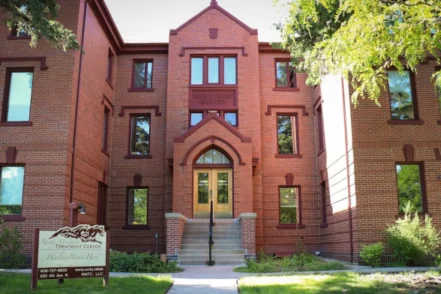 Montana
MontanaRocky Mountain Treatment
920 4Th Avenue North Great Falls, Montana 59401
Treatment Programs
- Alcohol Rehab
- Dual Diagnosis
- Opioid Addiction
- +4
-
 Montana
MontanaSouthwest Montana Community Health Center Butte
445 Centennial Avenue Butte, Montana 59701
Treatment Programs
- Alcohol Rehab
- Dual Diagnosis
- Opioid Addiction
- +4
